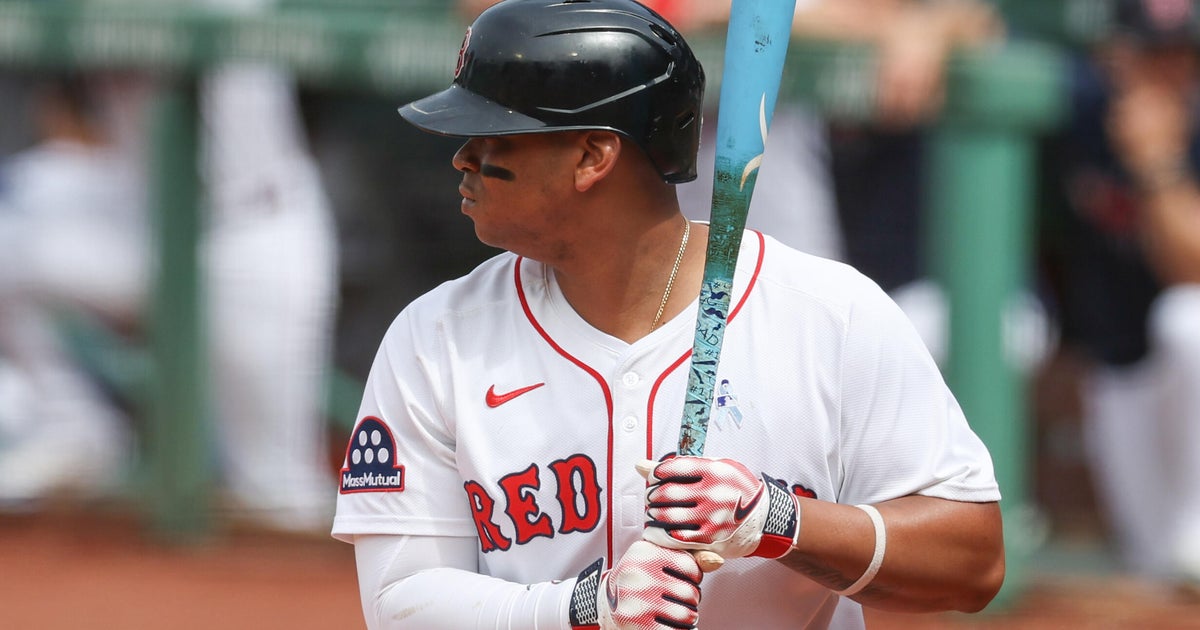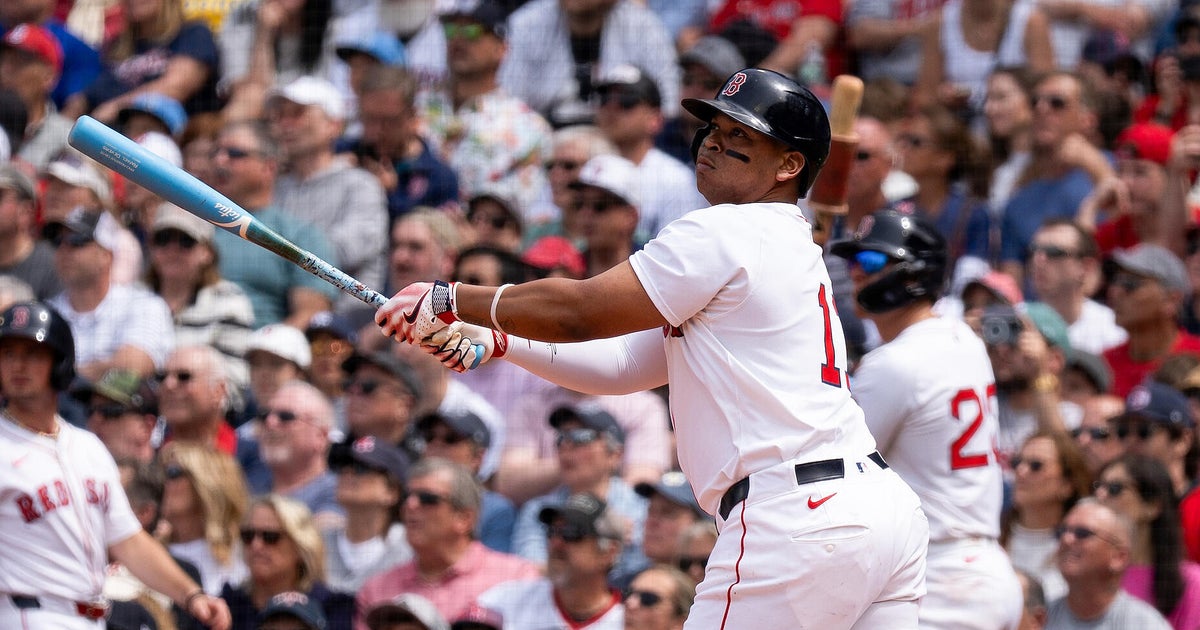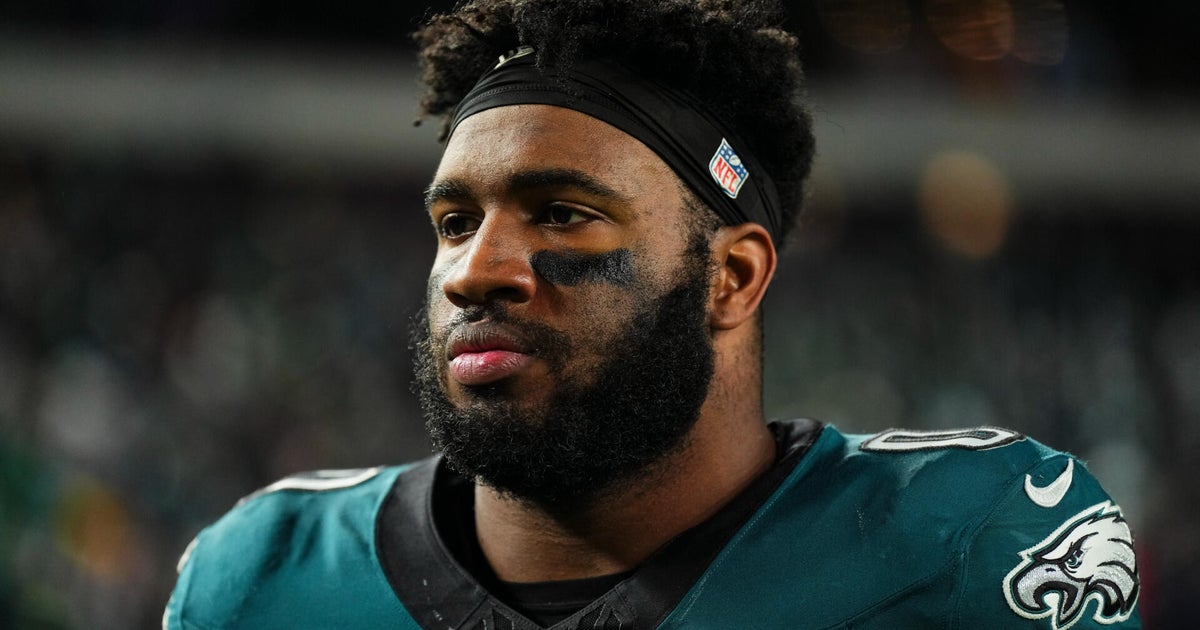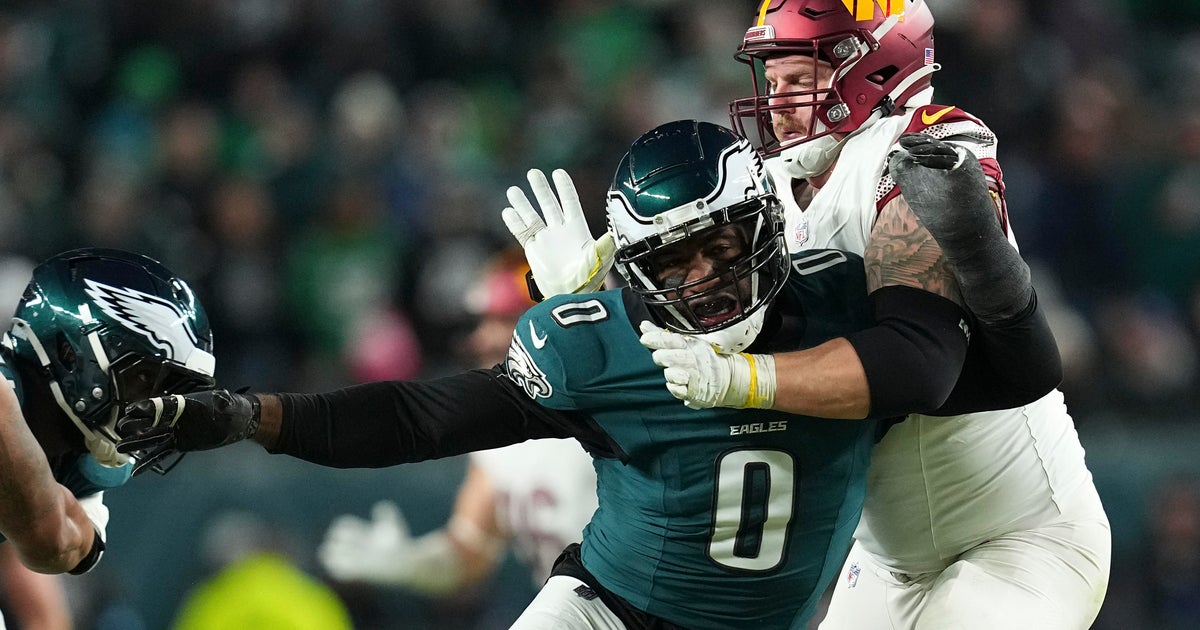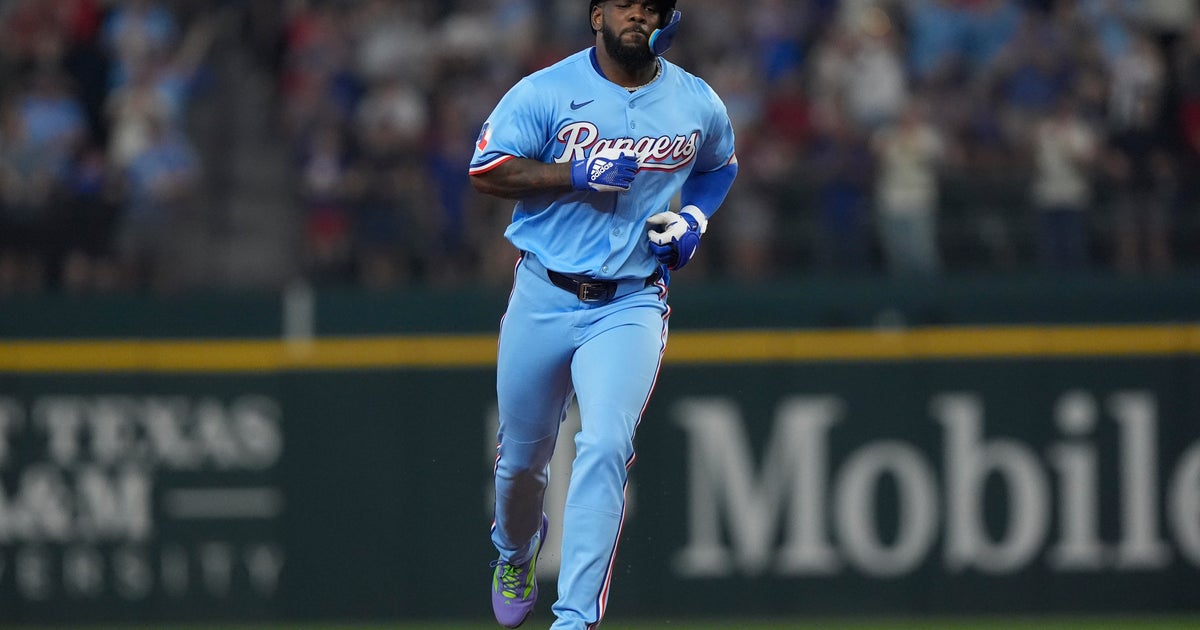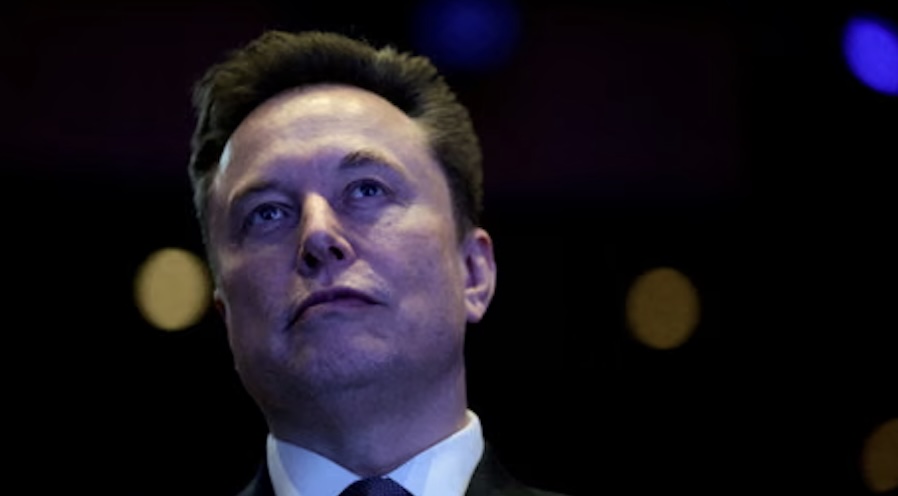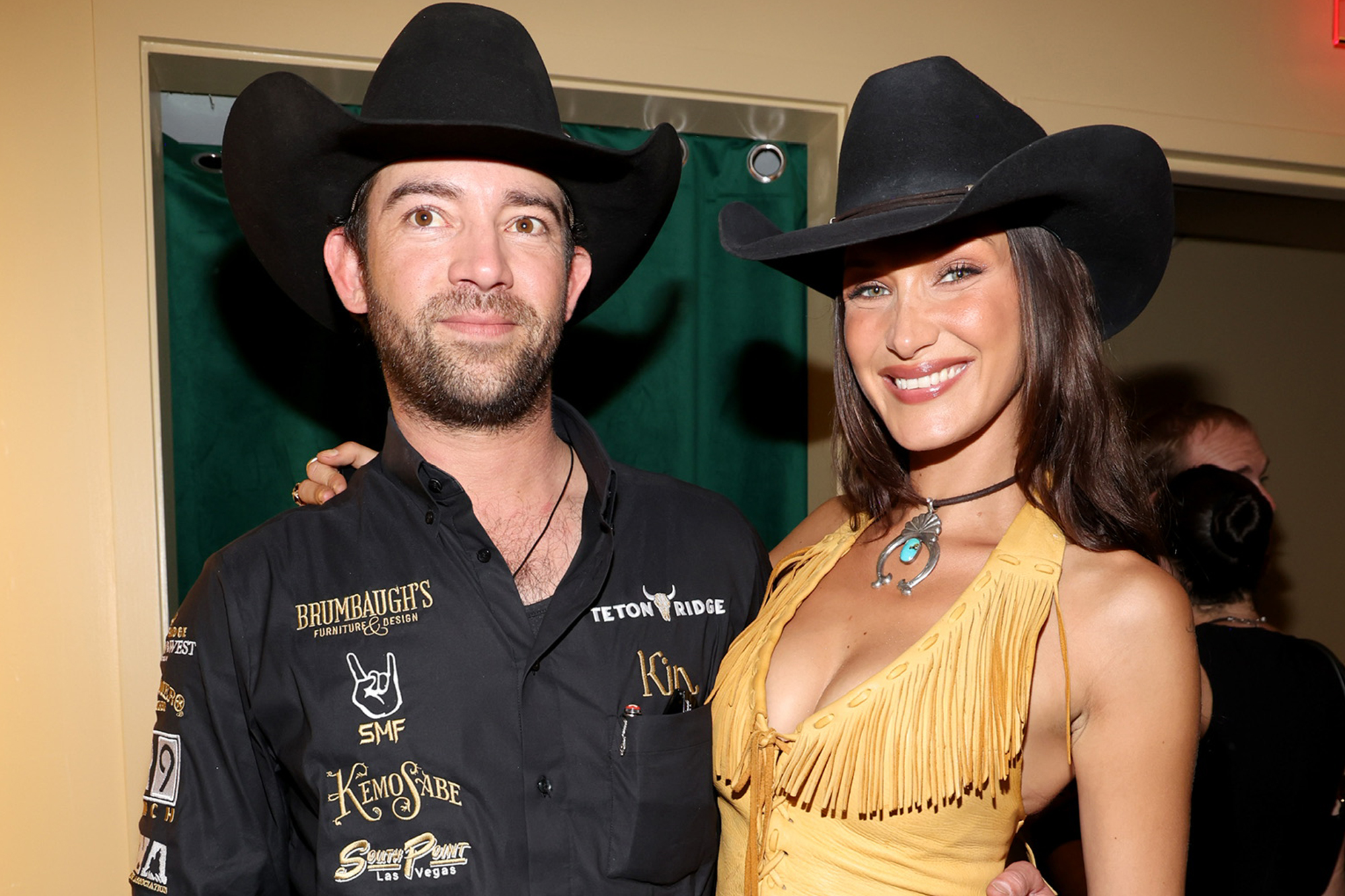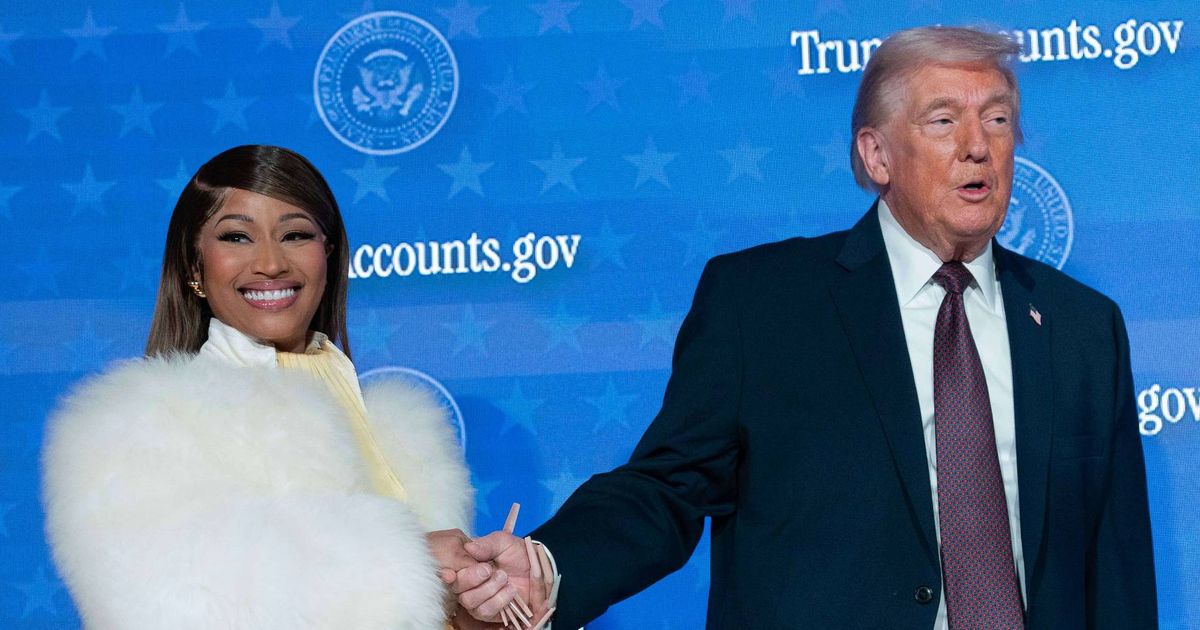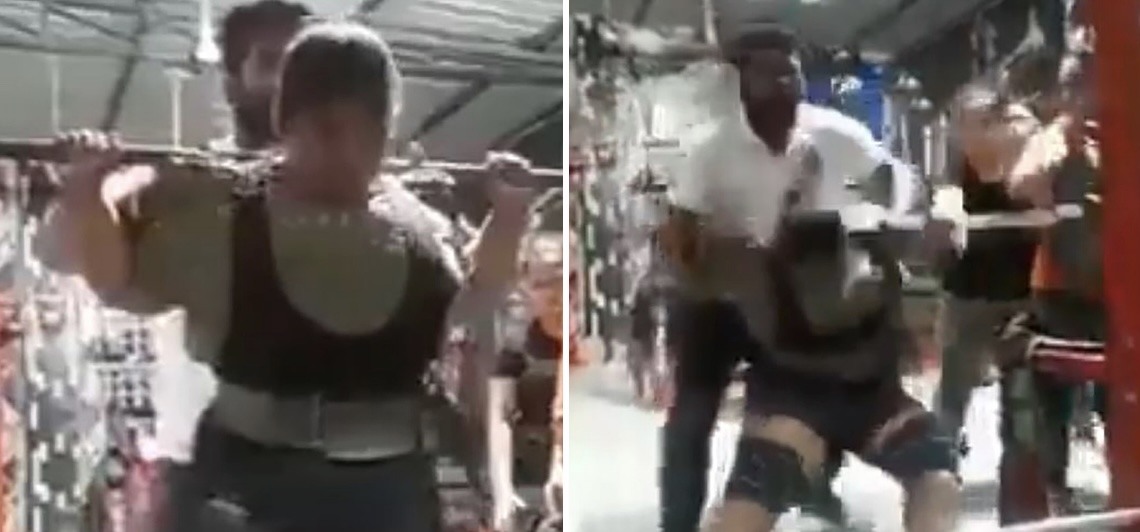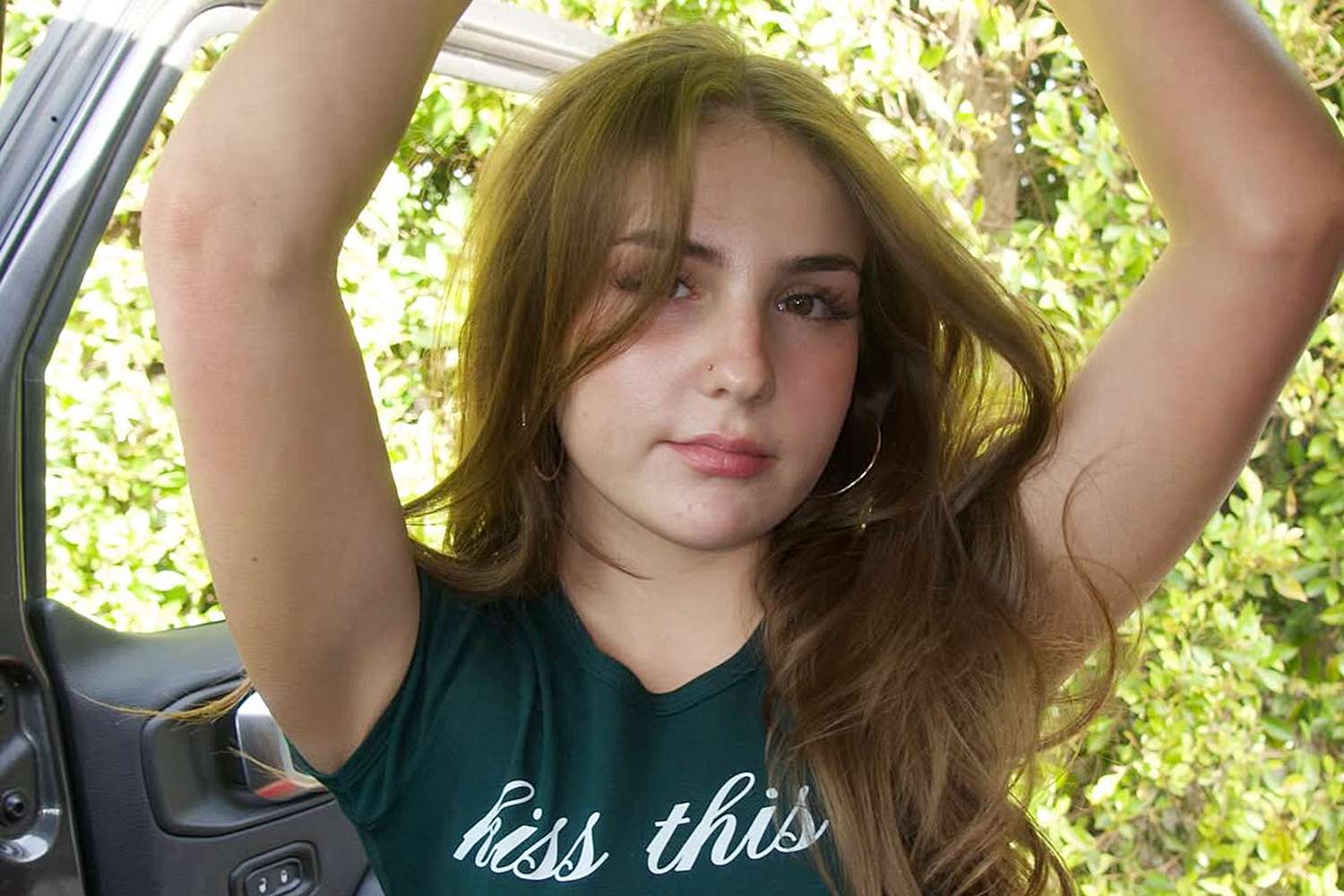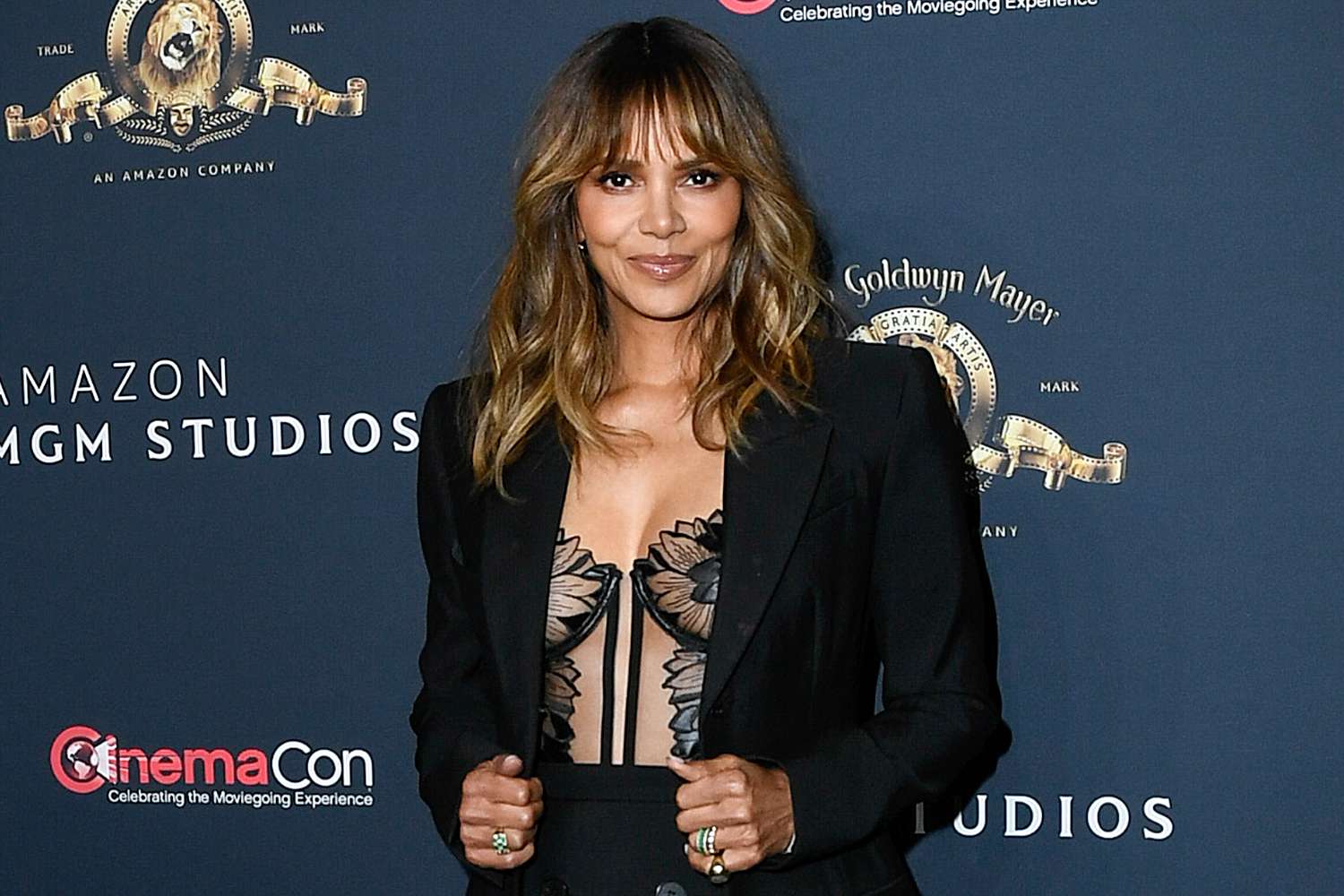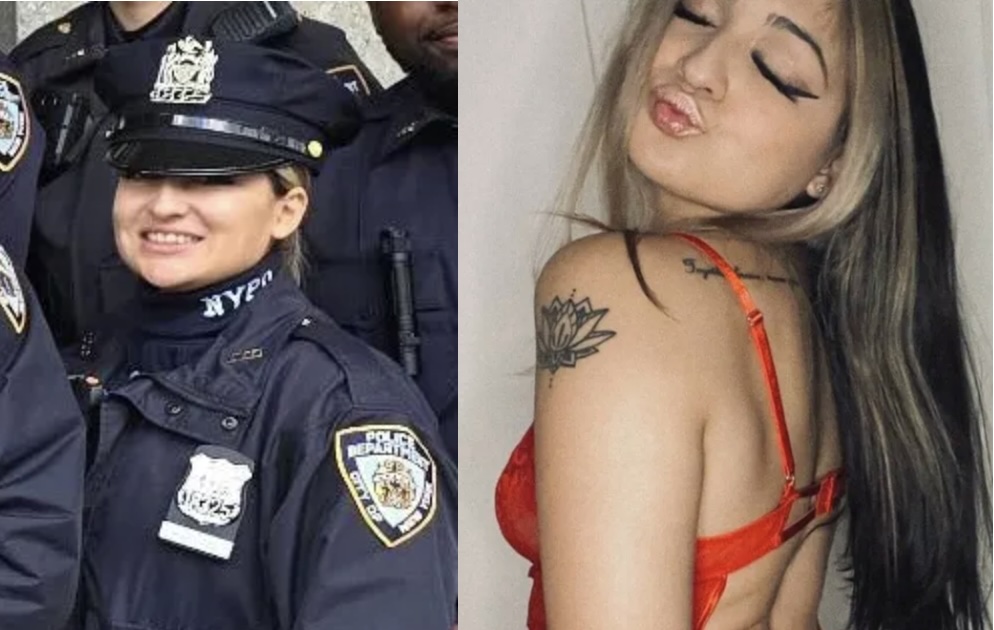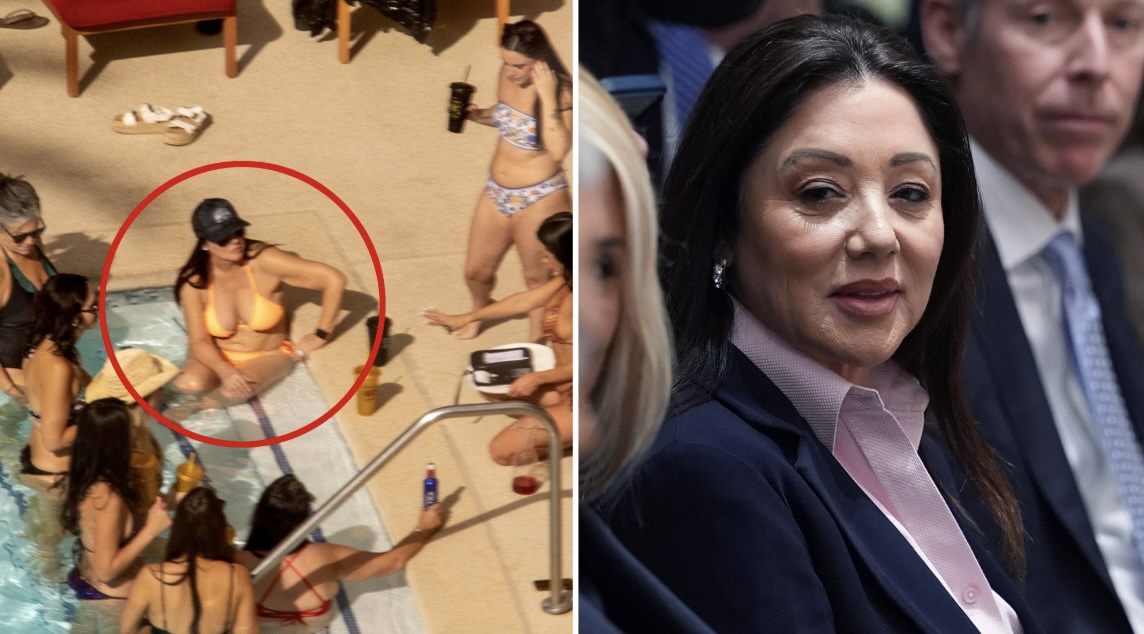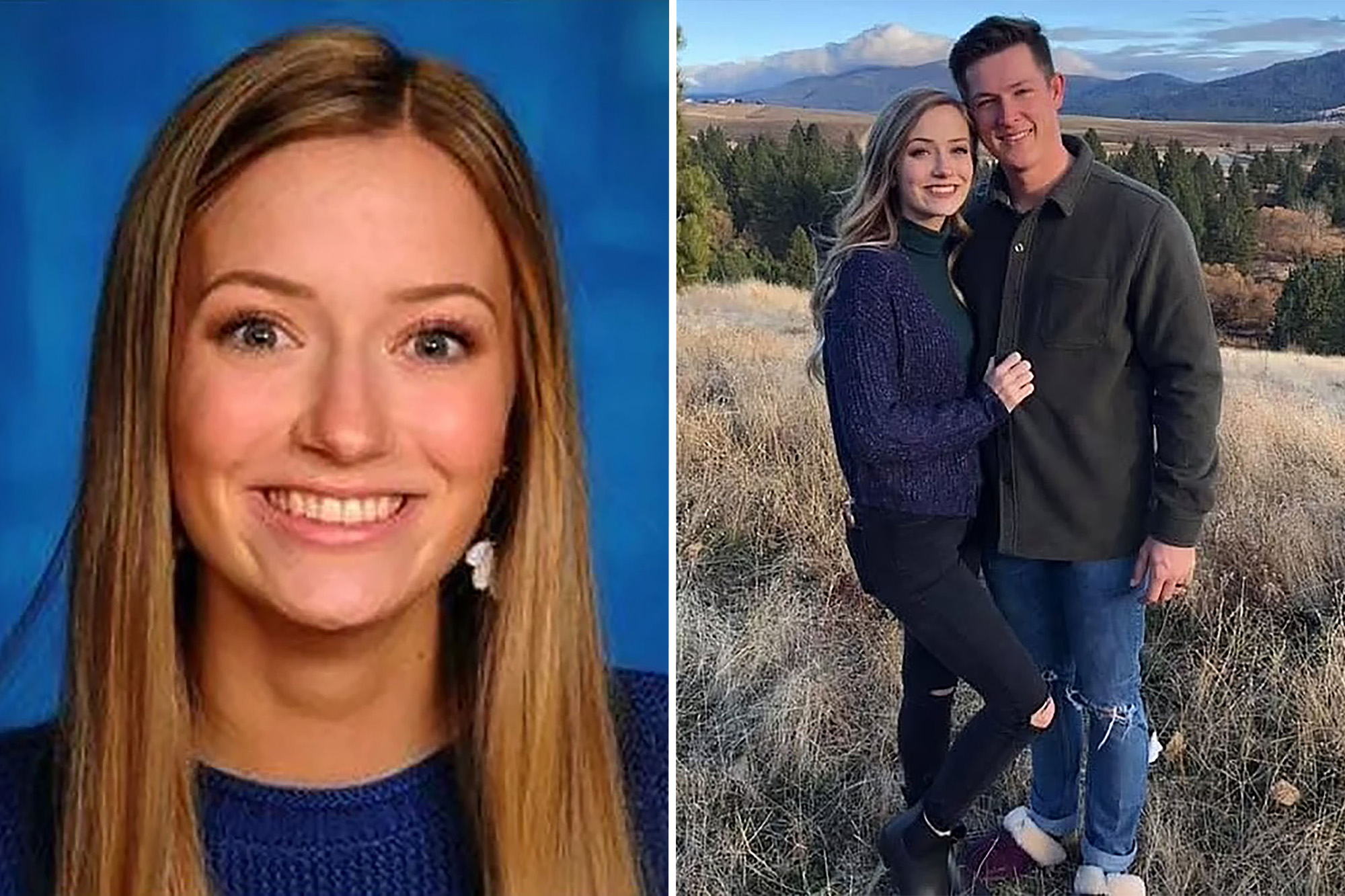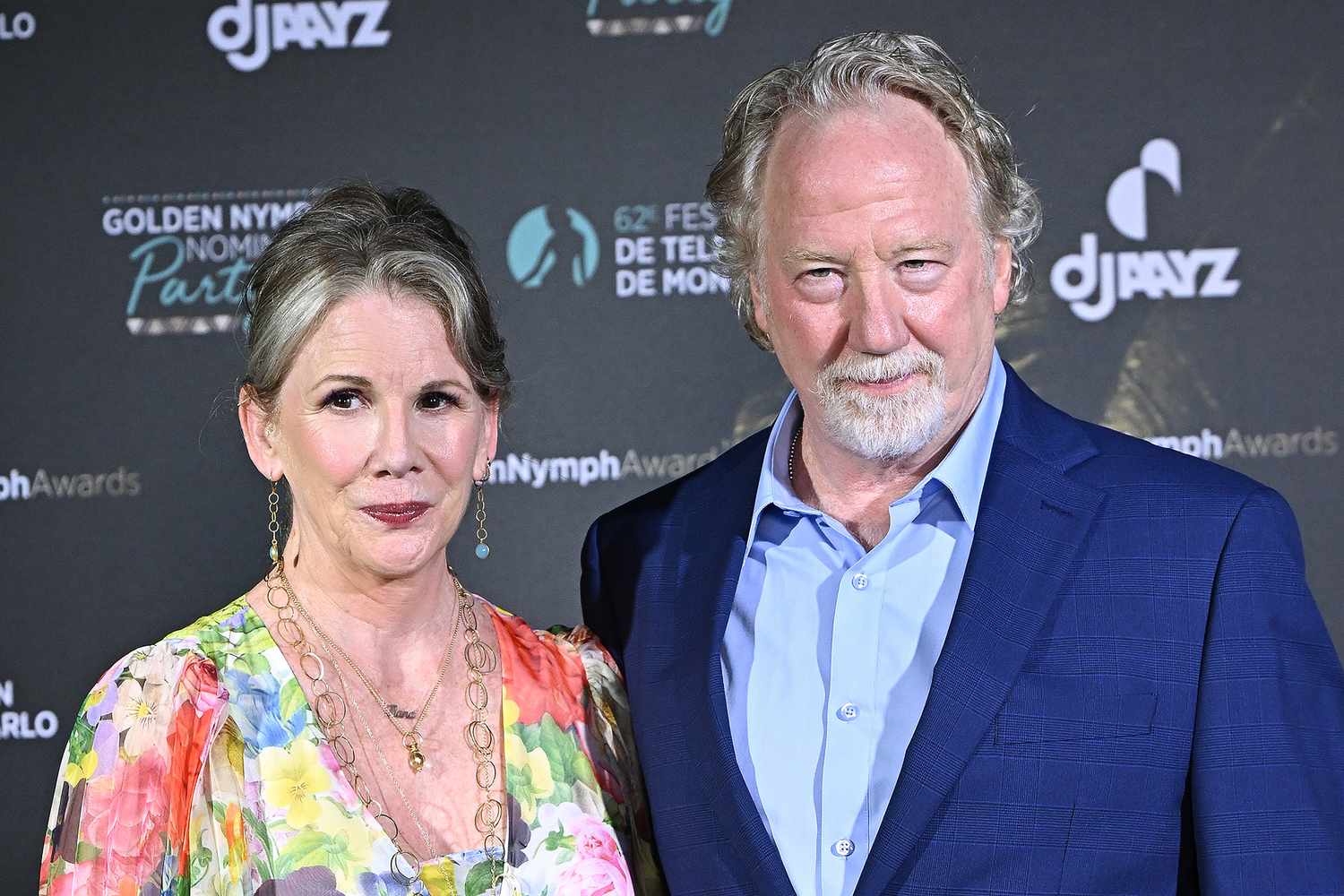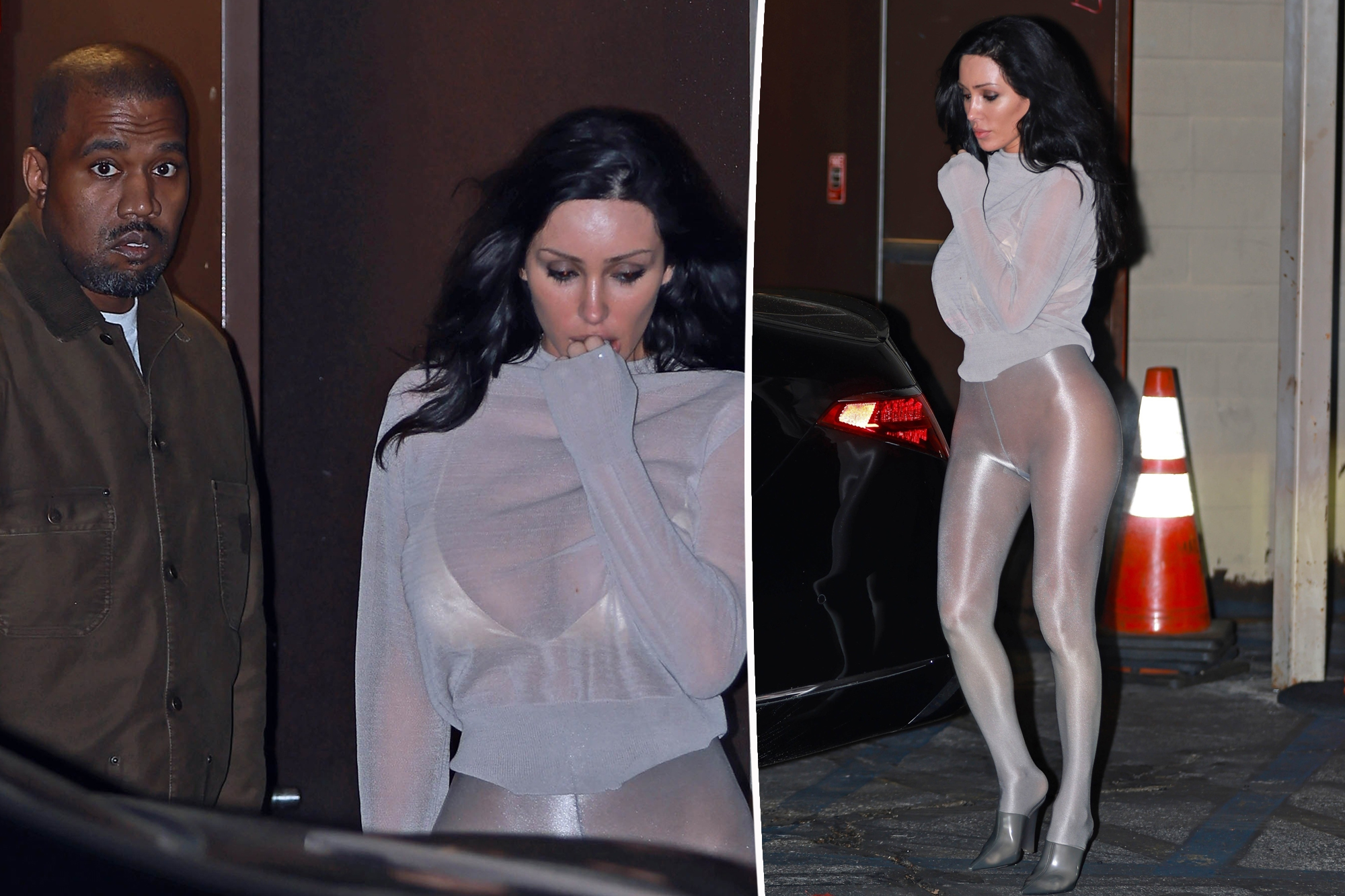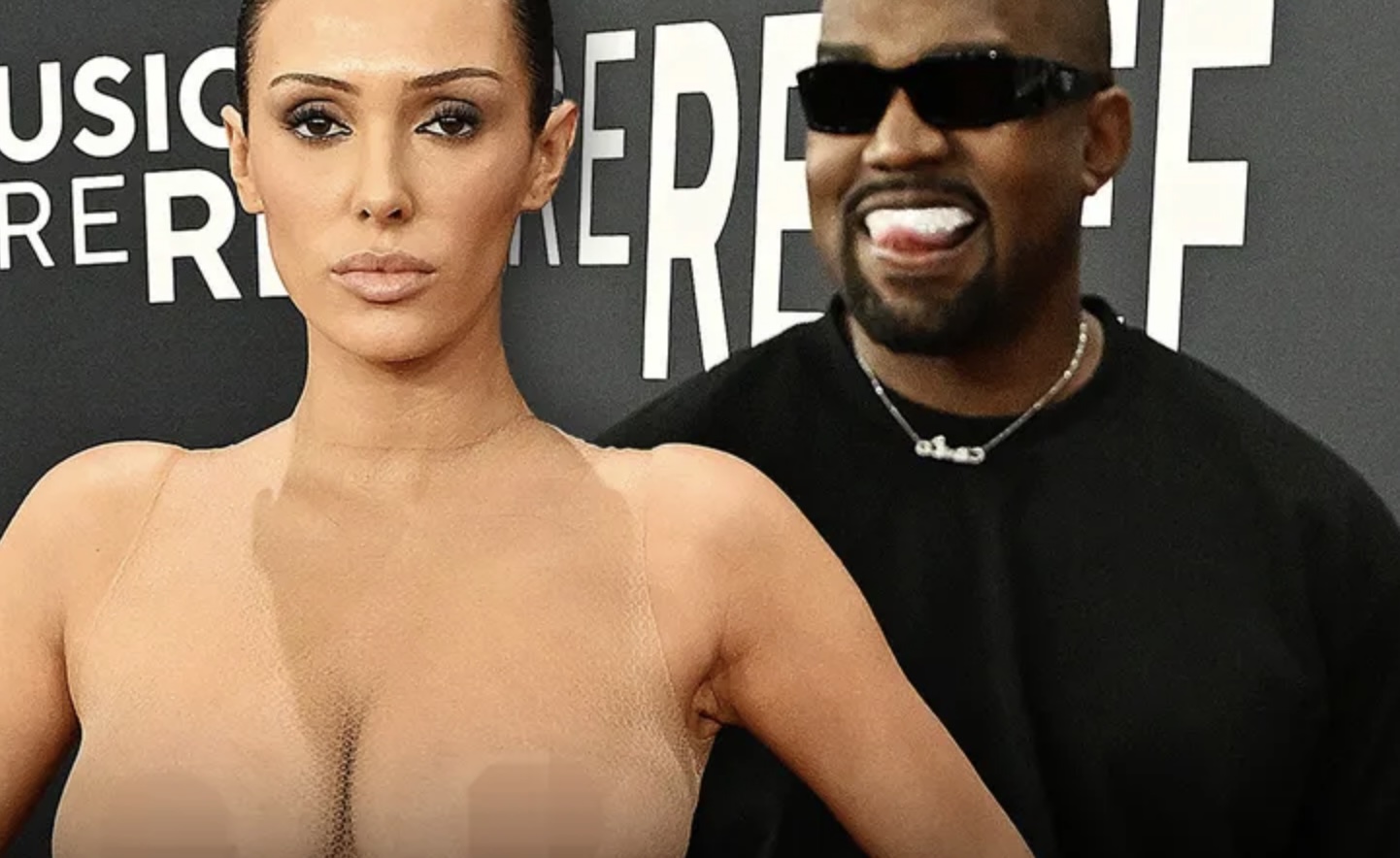Red Sox Trade Rafael Devers, Citing Cultural Misalignment
The Boston Red Sox confirmed the trade of Rafael Devers to the San Francisco Giants, a move that has sent ripples through the baseball community. The organization cited a disconnect with Devers regarding team direction and a need for a fresh start as key factors in their decision.
Announced late Sunday night, the trade involved sending Devers to San Francisco in exchange for four players. However, it wasn't until Monday evening that Red Sox officials, including chief baseball officer Craig Breslow and president Sam Kennedy, addressed the media via Zoom. Breslow was in Seattle while Kennedy remained in Boston, both eager to clarify the rationale behind this significant move.
Central to their explanation was a "lack of alignment" between Devers and the team's vision, particularly concerning his transition from third base to designated hitter. The Red Sox emphasized their commitment to fostering a strong clubhouse culture for younger players, which they felt was compromised by Devers' reluctance to adapt.
"I understand why the initial reaction would be it's tough to say [we'll be better] after you move a player of Raffy's caliber," Breslow stated. "This isn't about the game that is played on paper but the game that is played on the field." He expressed confidence that the trade would ultimately lead to a more cohesive team.
With Devers gone, Breslow noted that younger players like Roman Anthony and Marcelo Mayer would now have increased opportunities for playing time. He believes this shift will enhance the overall functionality of the roster.
"When you consider the flexibility and ability to give some of the younger players some run... I do think there's a real chance we'll look back and have won more games than we otherwise would have," he added.
The friction began earlier in the year when the Red Sox pursued free-agent third baseman Alex Bregman without consulting Devers about a potential position change. Breslow reflected on this misstep, acknowledging it as a point of contention.
As Bregman signed, expectations shifted; Devers was adamant about remaining at third base during spring training but was eventually moved to DH, a decision that did not sit well with him. When first baseman Triston Casas was sidelined for the season, Devers declined an opportunity to switch positions again.
"In the end, it was pretty clear we couldn't find an alignment with Raffy," Kennedy remarked. "We all worked at it over the last several months... we had a different vision for him going forward than he had." This divergence ultimately led to the decision to trade him.
Breslow admitted there were moments he questioned his approach and whether different actions could have altered the outcome. "I shoulder a significant responsibility here failing to find common ground," he said, emphasizing his need for reflection on future interactions with players.
Underlying these discussions was a belief that Devers was not embodying the leadership qualities expected of him as the highest-paid player in franchise history. The Red Sox felt compelled to act decisively to correct what they perceived as cultural misalignments within the team.
"Being great teammates and sacrificing... those are principles we need to be faithful to," Breslow explained. "There was something amiss here." The organization is now focused on cultivating an environment where young players can thrive.
As for what kind of culture they aim to establish, Breslow articulated a vision where individual contributions enhance team success. "The whole is greater than the sum of the parts," he said, stressing the importance of sacrifice and teamwork.
Fans have expressed outrage over the trade, viewing Devers as a cornerstone of the franchise. Despite assurances from Breslow and Kennedy about the return received in the deal, many feel it falls short of what should be expected for a player of Devers' caliber. Memories of past trades, particularly that of Mookie Betts, have resurfaced among supporters.
When pressed about whether this trade constituted a "baseball trade," Kennedy defended their decision. "It was a baseball trade because we did what we felt was in the best interest of the Red Sox," he asserted.
The Giants will assume over $250 million remaining on Devers' contract. Breslow clarified that while they set high expectations for any trade involving such a significant player, they were not actively shopping him prior to this deal.
Manager Alex Cora was kept informed throughout the process and supported the decision, understanding its implications for both short-term and long-term team goals. "I can't imagine a better manager who could manage the player reaction," Breslow noted.
The timing of this trade raised eyebrows, especially following a recent three-game sweep against their rivals, which had revitalized their season. However, Breslow insisted that this move does not signal a retreat from their competitive aspirations for 2025.
The Red Sox now face 89 games without Devers to validate their strategy moving forward.

